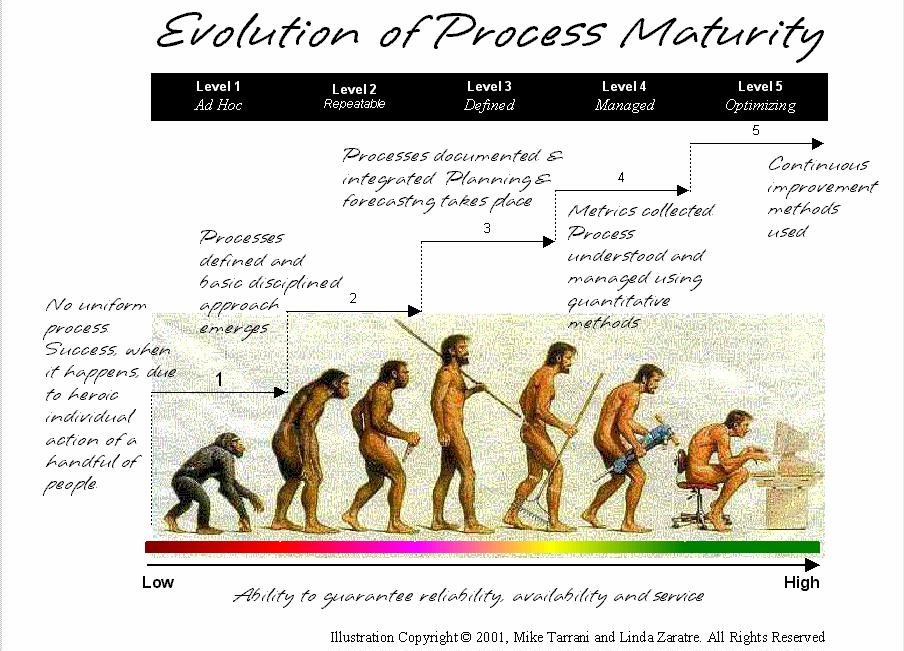The Bahá’í teachings encapsulate a profound vision for societal evolution, particularly through the lens of economics as a vehicle for eradicating the extremes of wealth and poverty. This concept is not merely a call for material redistribution but a holistic paradigm seeking to engender a more equitable global society. The interplay between economic systems and spiritual principles offers a tapestry of guidance woven from both ethical imperatives and practical considerations.
At the heart of this dialogue lies the assertion that true wealth transcends mere financial accumulation. In the Bahá’í framework, wealth is redefined as a catalyst for social progress and individual flourishing, not as an end in itself. This reimagination enshrines the notion that economic prosperity should be in service to humanity’s collective well-being, instilling in us a moral obligation to address societal disparities.
The evolution of economics as envisaged within Bahá’í teachings can be metaphorically depicted as a river: flowing, dynamic, and essential for life. Just as a river nourishes the land it traverses, economic systems ought to nurture the populace, facilitating growth and abundance. However, when the river is dammed — obstructed by greed and inequality — the overflow creates chaos, much like the societal upheavals seen in the wake of exorbitant wealth contrasting starkly with dire impoverishment.
To eradicate the extremes of wealth and poverty, Bahá’í principles advocate for a cooperative approach to economics, emphasizing the importance of collective stewardship. This pivots away from the individualistic paradigms prevalent in many cultures today and posits that human beings are interdependent, akin to the myriad tributaries contributing to a vast, unified river system. Just as the tributaries feed the main river, individuals contribute to the societal fabric, underscoring the necessity for equitable resource distribution.
The Bahá’í teachings encourage the implementation of well-structured economic systems that prioritize social welfare over unbridled profit. A salient example is the advocacy for the establishment of a just economic order — one that fosters the development of institutions capable of addressing the needs of the disadvantaged. By empowering local communities and enlivening the spirit of collaboration, a more balanced economic ecosystem can flourish, benefitting all strata of society.
One pertinent principle is the concept of “loyalty to the public good.” This notion accentuates that economic ventures must be aimed at the enrichment of the community rather than the enrichment of a select few. When enterprises operate under the umbrella of social responsibility, innovation can occur in tandem with altruism, resulting in solutions that uplift those who are on the margins. Such enterprises become beacons of hope, illuminating pathways for others to follow.
The Ansari, a term used to describe those who have accumulated wealth, are urged within these teachings to become philanthropists in the truest sense — not only giving in charity but investing in social ventures that build capacity and alleviate poverty sustainably. This approach transforms the act of giving from a superficial transaction into a profound, developmental strategy that fosters lasting change.
A striking facet of Bahá’í economics is its commitment to education as a cornerstone for eradicating poverty. Education is likened to seed sowing, wherein knowledge serves as the soil from which the fruits of prosperity grow. In this metaphor, investing in education becomes akin to nurturing a garden; as individuals acquire skills and knowledge, they, in turn, contribute to the prosperity of their communities. This cyclical nature of education and wealth generation highlights an intrinsic connection; fostering one invariably enhances the other.
Moreover, the teachings advocate for the ethical dimensions of wealth generation, propounding that economic practices should eschew exploitation. Workers should be treated with dignity, receiving fair compensation and a sense of purpose. In such environments, the human spirit can thrive, leading to increased productivity and innovation. Organizations and countries that espouse these virtues often witness a harmonious relationship between their workforce and economic output, creating a ripple effect of prosperity.
In delving deeper, one observes that the eradication of poverty necessitates the dismantling of systemic barriers that perpetuate inequity. The Bahá’í approach confronts structural injustices head-on, advocating for policies that mitigate the vicissitudes of market forces. By addressing root causes, such as lack of access to resources or discriminatory practices, a more just economic order can emerge, one that recognizes the inherent dignity of every human being as a vital participant in the global economy.
It is also pivotal to acknowledge the role of global consciousness in economic evolution. The Bahá’í teachings stress the importance of a unified world view, transcending national and cultural boundaries. This global ethos fosters collaboration among diverse peoples, creating a rich tapestry of ideas and innovations that can lead to sustainable economic practices. The collective wisdom generated from such collaboration can become a potent antidote to poverty, as societies learn not only from their own experiences but also from the lessons imparted by others.
Ultimately, the Bahá’í vision of economics is not merely about crafting efficient systems for wealth distribution but about nurturing a spiritual economy that honors every individual’s potential. Each economic transaction and policy decision becomes an opportunity to embody values of equity, justice, and compassion. In this manner, Bahá’í teachings aspire to create a world where the rivers of wealth flow freely to quench the thirst for dignity and opportunity, ensuring that no individual is left stranded in the deserts of poverty.
